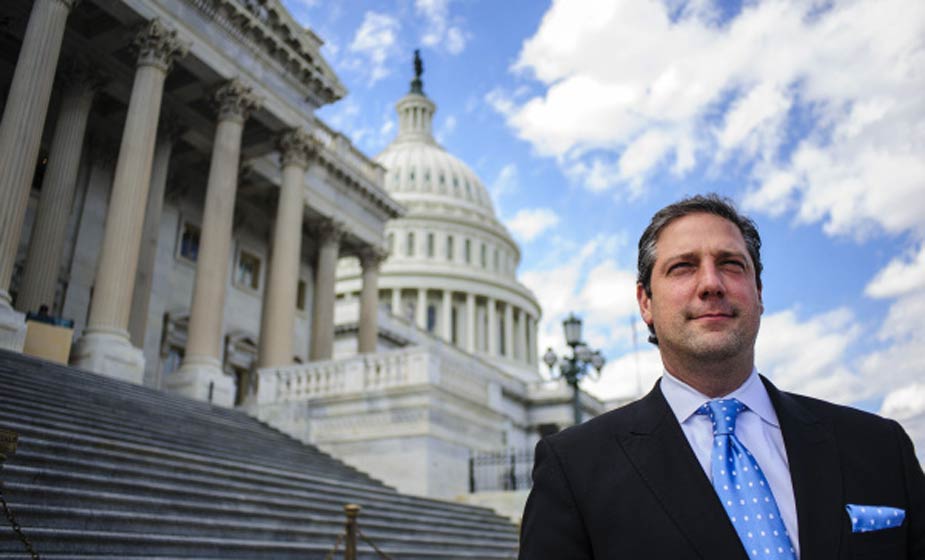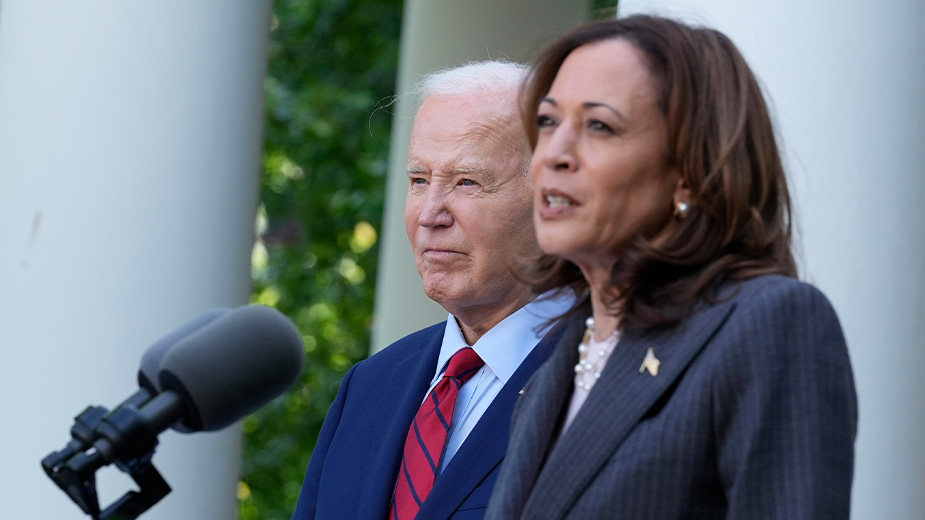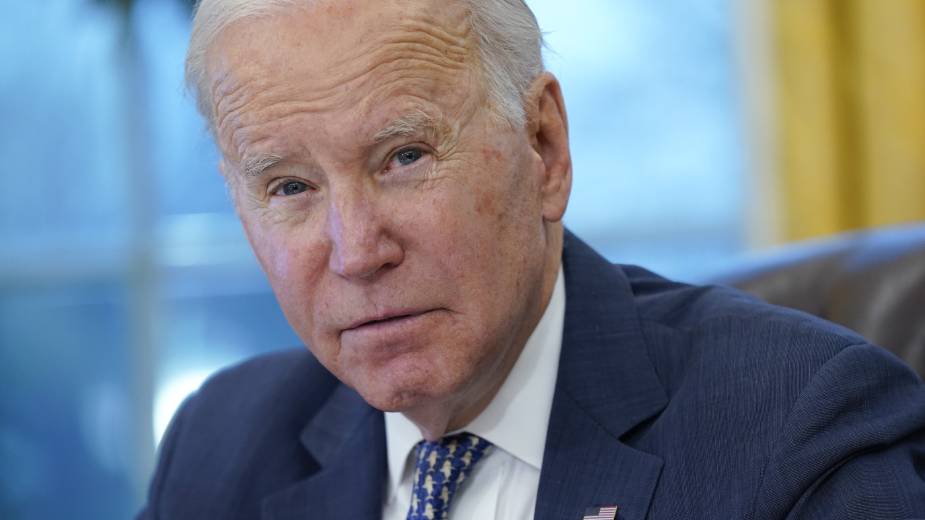Ryan Backs Legalizing Marijuana for Personal Use
YOUNGSTOWN, Ohio — U.S. Rep. Tim Ryan today announced his support for legalizing marijuana.
Ryan, D-13 Ohio, outlined his views in an op-ed piece on CNN’s website and is a cosponsor of H.R. 4814, the Marijuana Justice Act of 2018. The legislation amends the Controlled Substances Act to remove marijuana as a Schedule I substance and eliminate criminal penalties for possession and consumption.
According to Ryan’s op-ed, studies have shown that marijuana legalization could save $7.7 billion in enforcement costs and provide $6 billion in tax revenue.
Voters in Michigan and Oklahoma will consider marijuana initiatives this November and efforts are underway in Missouri, Arizona, Nebraska and Utah to get legalization initiatives on the ballot.
“We have ignored the social and economic toll of our marijuana laws for too long. I believe no person should be sentenced to a lifetime of hardship because of a marijuana arrest,” wrote Ryan, co-chairman of the House Addiction, Treatment and Recovery Caucus. “It is morally wrong, economically nonsensical and an unnecessary strain on our already strained law enforcement officials.”
Further, he said, “the burden of these low-level drug charges” unjustly falls on minority communities. According to the American Civil Liberties Union, he wrote in the op-ed, while blacks use marijuana at rates similar to whites, they are nearly four times more likely to be arrested for possession.
“I am proud to stand on the side of justice by cosponsoring legislation to begin righting the wrongs of decades of misinformed drug policy and make marijuana legal in all 50 states,” Ryan said.
The bill also prohibits and reduces certain federal funds for a state without a statute legalizing marijuana if the Bureau of Justice Assistance determines that a state has a disproportionate arrest or incarceration rate for marijuana offenses, and directs federal courts to expunge convictions for marijuana use or possession.
It also establishes the Community Reinvestment Fund, which may be used by the U.S. Department of Housing and Urban Development to establish a grant program to reinvest in communities most affected by the war on drugs.
Copyright 2024 The Business Journal, Youngstown, Ohio.



